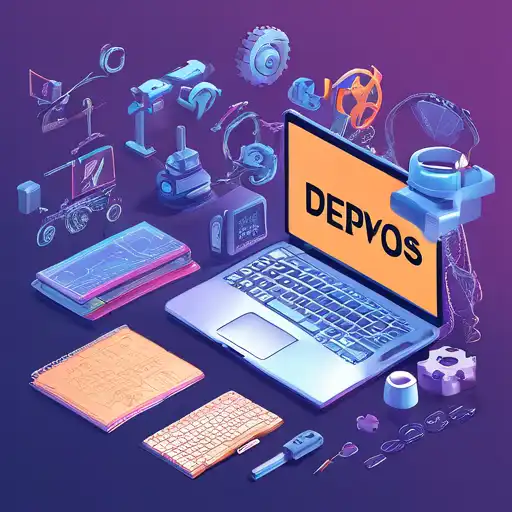Introduction to DevOps in 2023
As we step into 2023, the DevOps landscape continues to evolve, bringing forward tools that promise to streamline software development and operations. This guide highlights the essential DevOps tools you need to know to stay ahead in the game.
1. Continuous Integration and Continuous Deployment (CI/CD) Tools
CI/CD tools are the backbone of DevOps practices, enabling teams to automate the testing and deployment of applications. Jenkins, GitLab CI/CD, and CircleCI are leading the pack in 2023, offering robust pipelines for automation.
2. Infrastructure as Code (IaC) Tools
IaC tools like Terraform and Ansible allow teams to manage infrastructure through code, ensuring consistency and efficiency. These tools are indispensable for cloud computing environments.
3. Containerization and Orchestration Tools
With the rise of microservices, containerization tools such as Docker and orchestration platforms like Kubernetes have become critical. They simplify the deployment and scaling of applications across various environments.
4. Monitoring and Logging Tools
Effective monitoring is crucial for maintaining the health of applications. Tools like Prometheus for monitoring and ELK Stack for logging provide real-time insights into application performance.
5. Version Control Systems
Version control is essential for collaborative software development. Git remains the most widely used system, with platforms like GitHub and Bitbucket facilitating team collaboration.
6. Cloud Platforms
Cloud platforms such as AWS, Azure, and Google Cloud offer a range of DevOps tools and services, making them a one-stop-shop for development and operations teams.
Conclusion
Staying updated with the latest DevOps tools is crucial for any team looking to improve efficiency and productivity in 2023. By leveraging these tools, organizations can achieve faster deployment times, improved collaboration, and higher quality software products.
For more insights into DevOps practices, check out our guide on DevOps Best Practices.
